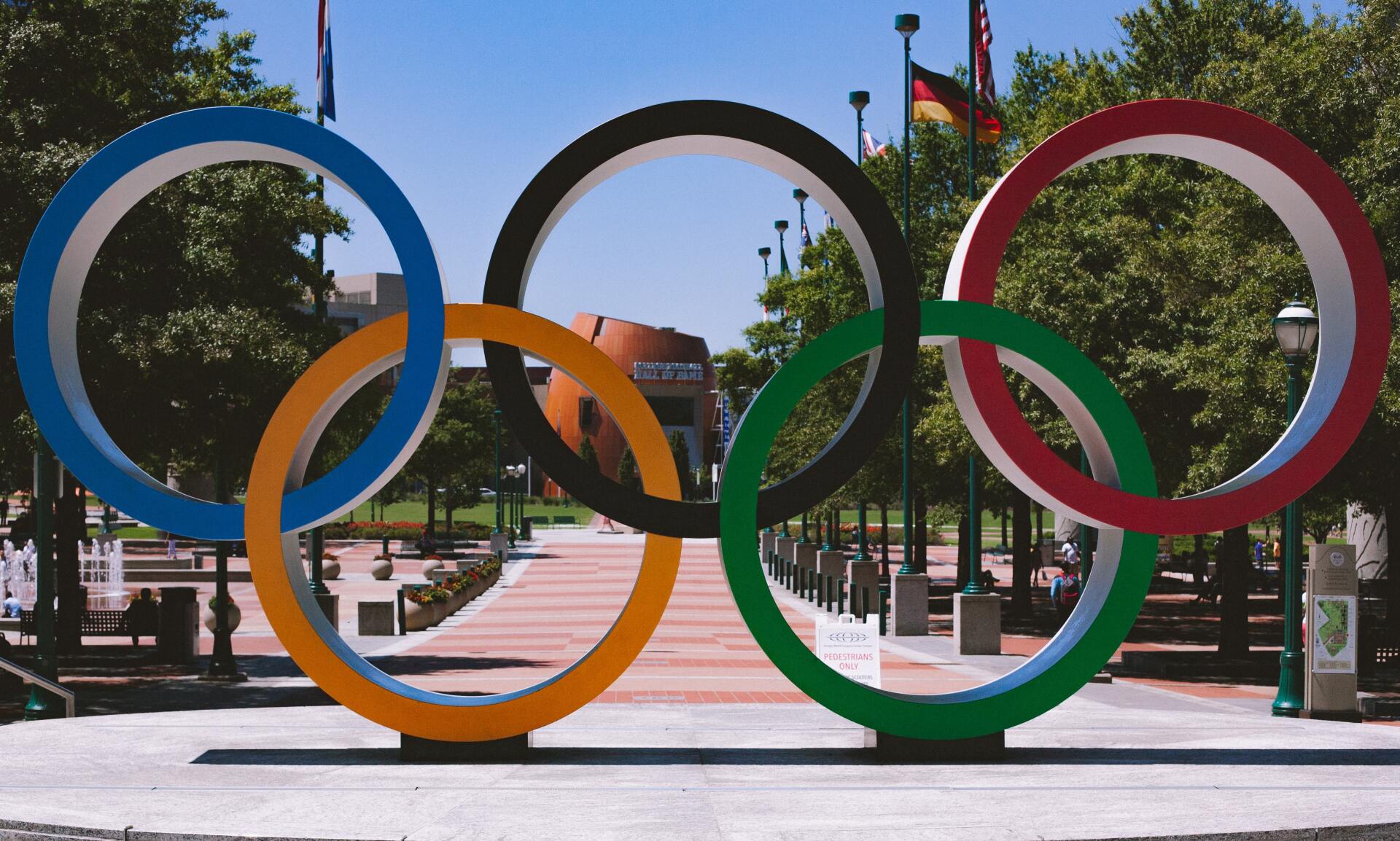THE IMPACT OF REDUCED, FREE-TO-AIR COVERAGE OF THE OLYMPICS ON ITS SPONSORSHIP VALUE
David Peters • 6 August 2021

Well, if you’re watching it on the BBC, you may be finding it rather frustrating that so little of it is live.
Under a new agreement, which the IOC struck with Discovery (which owns the European pay-TV channel Eurosport), they have bought the exclusive rights to the 2018-24 Summer and Winter Olympics across 50 countries in Europe.
A by-product of that deal is that the likes of the BBC, RAI, and other free-to-air broadcasters in Europe have become a sub-licensee from Discovery of their Olympic coverage. This means they are only allowed to broadcast two live sports simultaneously. So, if you don’t pay to subscribe to Discovery’s services, your exposure to Olympic sport has been severely restricted - and who doesn’t like watching sport live?
Discovery is delighted with its numbers, with a record number of people signing up for its subscription service. The Olympics have helped boost quarterly revenues by 21% to more than $3bn. Viewing figures are also up 10% versus their Winter Games coverage in 2018, which is impressive when you consider that summer TV audiences are lower than winter audiences in Europe, as the draw of better weather keeps us away from the telly.
With the IOC putting more Olympic sport behind the paywall, does that reduce the value of their sponsorship?
Unlike many other sports, Olympic sponsors get minimal broadcast coverage of the brand from in-stadia branding. The IOC operates clean venues that are free of sponsors branding. So the impact in this regard will be negligible. The question is whether the reduced free-to-air coverage will impact on the Games visibility and people’s interest. After all, the Games are only held quadrennially which means each time the Olympics has to find a way to pique our interest with some fairly obscure sports like Walking or Modern Pentathlon, which we don’t watch from one Games to the next. It also provides these minority sports a shop window to worldwide audiences, serving as a great promotional platform and a form of recruitment for the next generation of athletes.
Whilst the IOC can quantify the upside of taking the cheque of a pay TV broadcaster, I hope they will keep a close eye on TV audience levels across markets and be measuring softer metrics such as levels of interest, engagement, sentiment towards sponsors, uptake in participation etc, etc. If these metrics begin to wane, it may require a rethink for the next broadcast rights cycle.

